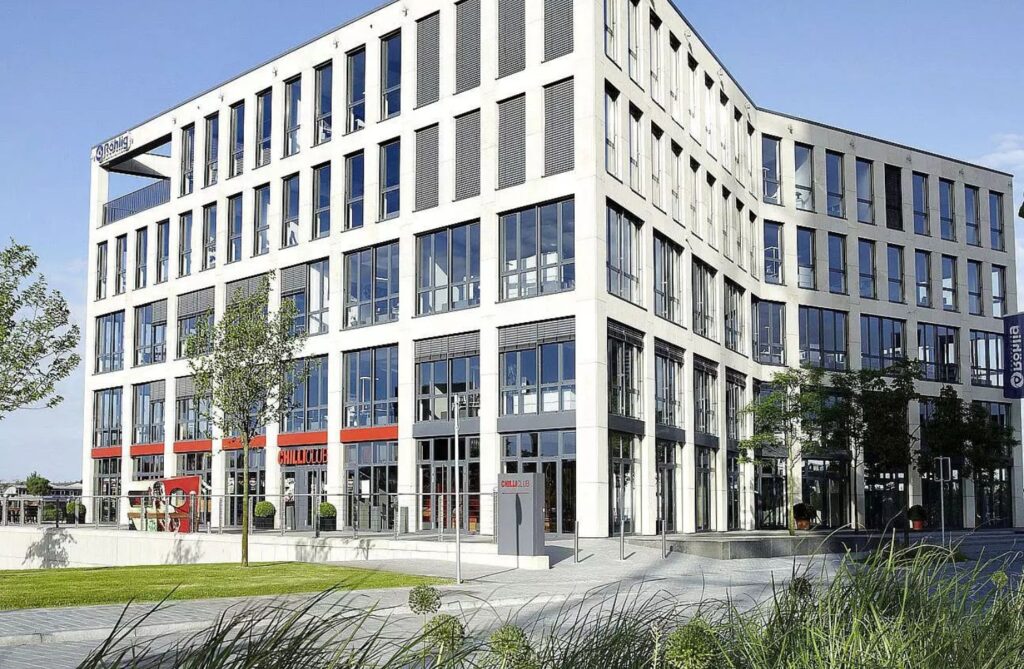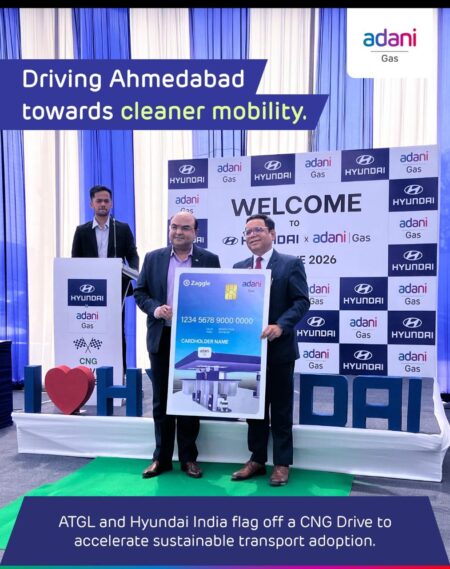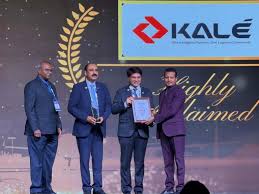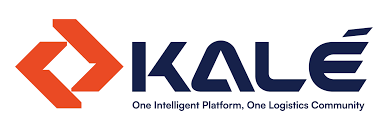
Röhlig Logistics, founded in 1852, is a family-owned company headquartered in Bremen, Germany. They employ 2400 people worldwide and have offices in over 35 countries, serving as an international freight forwarder and providing end-to-end services. They specialise in air freight, sea freight, and contract logistics, which includes warehousing, project management, customs clearance, and road transportation.
Röhlig serves a diverse range of customers in a variety of industries, including pharmaceuticals, automotive, and perishables. The 170-year-old logistics conglomerate has many selling points, but service excellence is at the top of the list. “We believe in being in front of the client in good times and bad,” Madhumita says. We are the ones who identify problems and propose solutions. As a result, our USP is service excellence. We believe in being with and in front of the client, offering greater flexibility and relevance based on their needs.”

Madhumita Tripathi’s journey began 18 years ago as one of the few female logistics professionals. “It’s been an interesting learning curve,” she recalls. Following completion of my MBA in International Business, my first placement was as a Management Trainee with a multinational in the freight forwarding domain in Kolkata. When I arrived, I discovered that my reporting manager was dealing with a number of issues in his branch at the time. So, on the second day, I was assigned to the job of an employee who had recently left. I was still learning business communication at the time, and I believe it was the best start I could have had.”
“When you are an ambitious female in this industry, especially with a degree, you are judged even more,” Madhumita says of logistics being male-dominated. It is important how you handle logistics, truckers, brokers, or shippers yelling at you for late shipments or delayed documents. It’s difficult but interesting because you want to leave your mark and prove your worth.” She was given the opportunity to demonstrate her abilities in her career by handling various profiles. “I’ve done everything from customer service to operations, corporate sales, P&L, and key account management. It’s been challenging but interesting.”
Logistics companies deal with difficult-to-handle shipments every day. Madhumita reveals her share of such projects,
“We opened branches in Hyderabad and Visakhapatnam last year, where we got temperature-controlled shipments that had to go to South America. We tried to customise it to reduce the transit time. The shipment had to go to Valparaíso from Hyderabad. It would have taken 55-60 days to reach through ocean freight, and air freight would have been costlier. So we combined air and sea freight, reducing the cost by almost 45 per cent and transit time by 35 days. It was a trial shipment and a risky proposition for us as we were trying to put our foot in the door in that sector. Nevertheless, we took up the challenge and executed the shipment. Now we have that client on board for regular movement. In our industry, cost and timing are very critical. In the supply chain, logistics is the last leg, so a lot of stress comes to the logistics department to execute within time limits with the lowest possible cost.”
It is challenging but interesting because then you want to leave your mark
After arriving in India late in 2009, Röhlig has come a long way. The company began as a joint venture with another Indian firm and became a Röhlig entity in 2015. “Not everyone knew Röhlig when I joined,” Madhumita says of the time she joined. As a result, we implemented numerous changes, including branding initiatives. We started with three salespeople in India and have since grown to a team of thirty. The network, however, was wary of the Indian market due to its price sensitivity and unpredictability. They desired to concentrate their efforts on developed markets such as the United States and China, which would have resulted in higher returns. So attracting the network to the difficult Indian market was a major challenge for us. We had to start from scratch and put together a team. We needed to put a lot of safeguards in place. As a result, we overhauled the entire Röhlig structure in India. That is how we could turn the Röhlig story around in India. We have now expanded into key markets such as Gujarat. We are also attempting to expand in the eastern belt, specifically in Bhubaneshwar. We have plans for Chandigarh, Jalandhar, Coimbatore, Cochin, Jaipur, Jodhpur, and Udaipur, as well. ”
Along with business-related challenges, Madhumita had to carve her niche in this industry, which wasn’t easy. She reveals,
“You have to be patient. I keep telling young, ambitious females that they must first follow their passion. If you have the right attitude, no challenge can hinder your growth. When I started in 2005, it was even more male-dominated. And when you are young, ambitious females, you are judged. We still judge a talent based on the years of experience in that role. While experience matters, talent is a combination of attitude, skills, and ambition. So there have been many occasions where I was judged before being allowed to prove myself. I had to follow my passion, lead by example, and walk the talk. You may be able to present your ideas and throw weight around, but if you cannot make your hands dirty, things wouldn’t really take place. I believed in not shying away when I didn’t know something. There have been occasions when I was given a P&L role overnight. My manager, who took the risk, knew I would stretch myself. So when I was given that role, I had to prepare well for the P&L, its elements, dive into the basics like key differences between EBITA and EBIT, and the business productivity.”
She used to spend hours learning the system with an ocean or air freight operators, which gave them confidence that she was one of them and not just there to supervise.
“People started accepting me,” she recalls. When I was given the position of branch manager in a multinational supply chain conglomerate in Mumbai, the undercurrent was unfavourable. People were hesitant to work with me because they didn’t know what to expect. But, within a month, I noticed a significant shift in their behaviour. It is critical to give the impression that you are one of them. You must understand your business and stick to your objectives. If we talk about equality, we should be prepared to face similar challenges as men. We can’t say that because we’re female, we can’t sit past a certain hour. Women may be physically weaker, but even with those limitations, we can accomplish much more. We cannot ask for special treatment because we are females.”
“In all my jobs, I have been blessed with very good managers,” she says of the help she received from industry leaders and her seniors. My achievements today would not have been possible without the challenges that have been thrown at me. They believed in me, and when they assigned me a task, they had to go up against a lot of people to help me.”
Everyone is focusing on diversity as a result of government initiatives such as Beti Bachao and Beti Padhao
Madhumita acknowledges the government’s commitment to infrastructure development and diversity. “Today, we see many female leaders emerging in all divisions, including truck drivers. In addition to sales coordinators, telesales, corporate sales managers, and customer service representatives, we are now seeing females in sales product management and contract logistics, which is considered very rustic in freight forwarding. These positions require you to work on the shore, in warehouses, and with a variety of people. Females, on the other hand, are not afraid. Everyone is focusing on diversity as a result of government initiatives such as Beti Bachao and Beti Padhao.”
“From 2005 to the present, I can see females at all levels, including branch managers and country-level positions,” she believes. Previously, the industry may not have trusted a female in a front-end role. This is becoming more common. But there is still a long way to go.”











